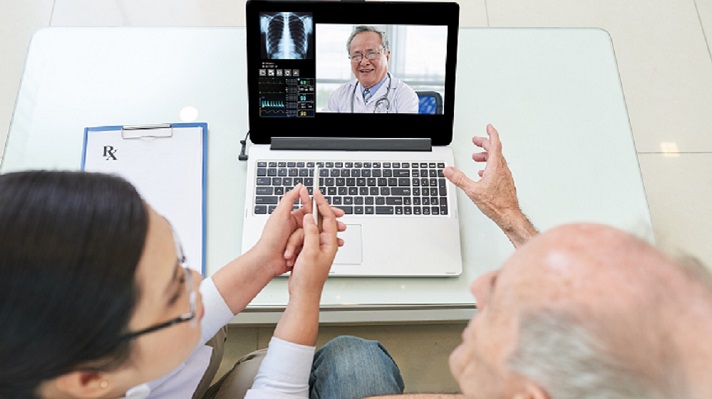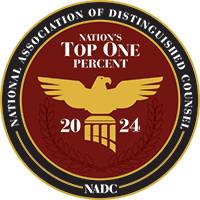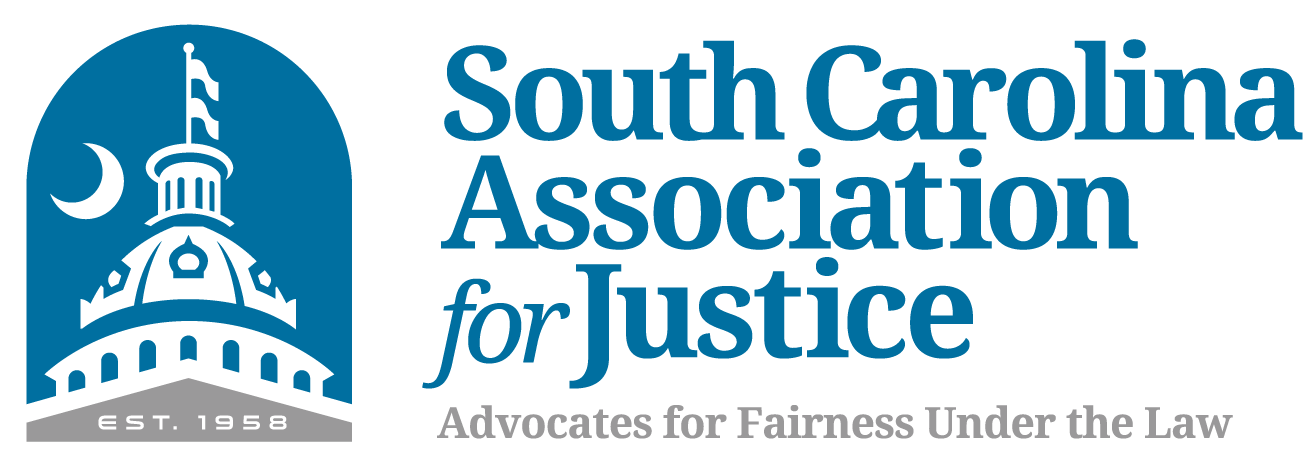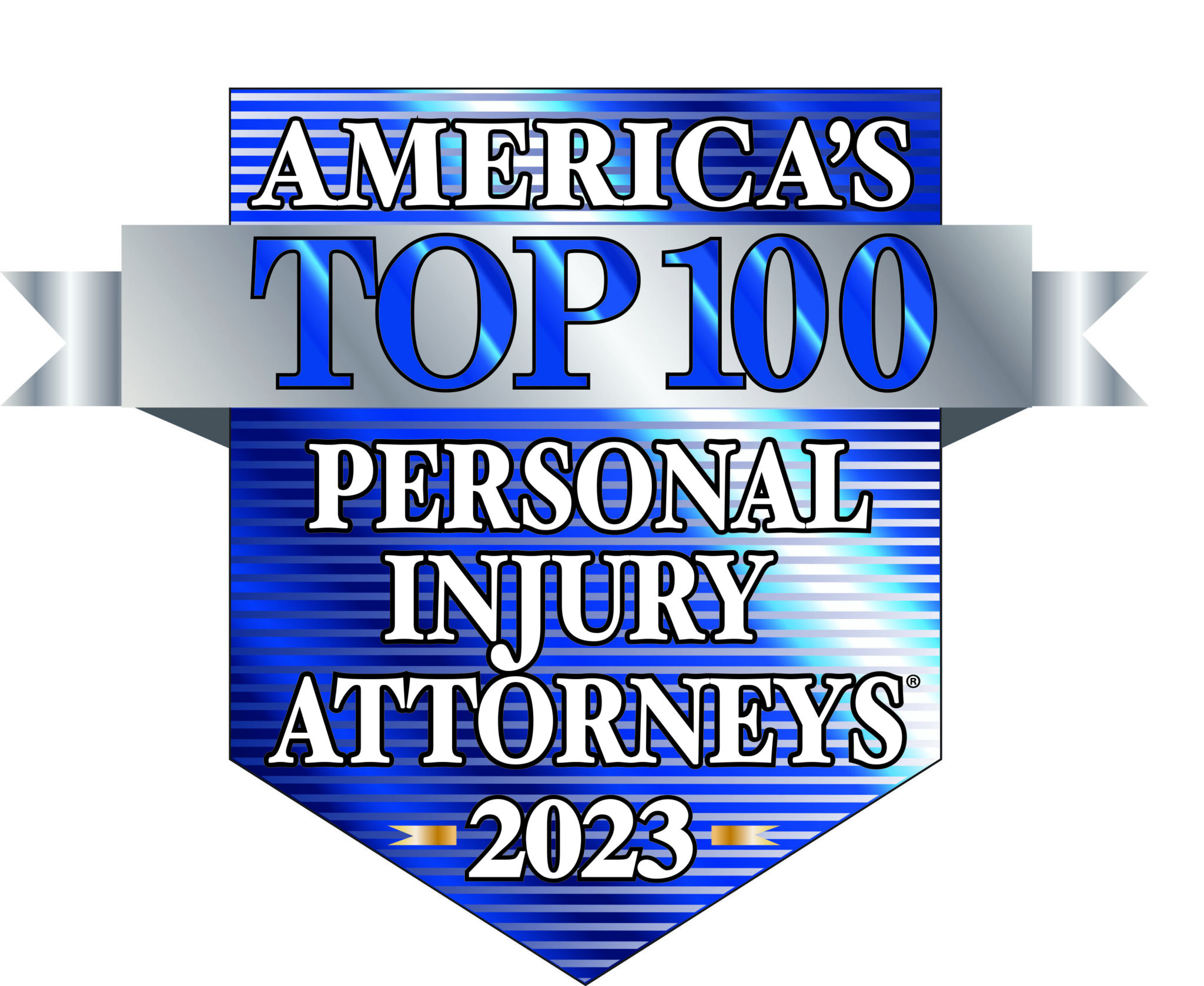Prior to COVID-19, the use of telemedicine or telehealth was very minimal, and seemed more like a luxury. Many of us are under shelter in place orders due to the Coronavirus; and those who aren’t have been told to social distance, and stay away from people as much as possible, to keep the spread down.
“As clinicians seek new ways to serve patients and stem the rapid spread of the novel coronavirus in the United States, policymakers and insurers have looked to telemedicine or telehealth to provide care to patients in their homes.”(kff.org) Telemedicine has exploded across the United States in a few short weeks, after many years of slow growth, helping healthcare providers to continue responding to the needs of Americans who have COVID-19, and to those who just need to touch base on the status of their health.(healthcareitnews.com)
Dr. Ronan Factora, a geriatrician says there’s greater urgency for telemedicine during the pandemic because “we do not want to expose our older patients who are more vulnerable to its complications in the risk of illness.” (AARP.com)
What is Telemedicine?
Telemedicine “is commonly defined as the remote provision of health care services using technology to exchange information for the diagnosis, treatment and prevention of disease.” Patients use basic communication tools, like phone calls, text messages, emails, or online portals to communicate with their doctor virtually. This way, the patient doesn’t have to actually go into the provider’s office for a visit; they can have a doctor’s visit right from home!
Telehealth visits can be used to:
- Screen patients who have symptoms of COVID-19, then advise them.
- Provide low-risk urgent care for non-COVID-19 conditions, then advise patient.
- Recommend primary care providers and specialists for chronic health conditions.
- Provide coaching and support for patients managing chronic health conditions.
- Participate in therapy.
- Monitor clinical signs of certain chronic medical conditions.
- Engage in case management for patients who have difficulty accessing care (those with limited mobility, or in very rural settings).
- Follow up with patients after a doctor visit or hospitalization.
- Plan and counsel to document preferences for a life-threatening event or medical crisis.
- Provide non-emergent care to patients in long-term care facilities. (CDC.gov)
What to expect in a telehealth visit:
The doctor will have your chart in front of him/her just like an in-person visit. The doctor will go through your medical history with you. Make sure you have paper and pen ready, so you can take notes. Depending on your symptoms, the doctor may have you take your temperature, measure your heart rate, and/or take your blood pressure (if you have a blood pressure monitor at home).
Limits to Telemedicine:
Michael Hochman, MD says, “You’re definitely limited as to what you can do, compared with a physical exam. But you can tell a lot about a patient by how they look. Are they breathing hard? Do they look like they are in distress? 90 percent of a diagnosis is observation and taking a careful history.” Of course, the other 10%, things like listening to your heart or lungs, or feeling your abdomen can’t be accomplished through a virtual visit.
If you are in South Carolina, and are in need of a telemedicine visit, the Medical University of South Carolina can help. The website (MUSCHealth.org) states: “If you are concerned about coronavirus (COVID-19) or experiencing respiratory or flulike symptoms such as fever and/or cough, MUSC recommends you speak to an online virtual care provider. Virtual COVID-19 screenings are free. Just use the code COVID19 when you log in. Online care on your schedule by MUSC doctors and providers you know and trust! No appointment. No wait. Accessible 24/7 for the whole family.”
CONTACT THE LAW OFFICES OF DAVID L. HOOD FOR A FREE MEDICAL MALPRACTICE CONSULTATION
If you or someone you care about has suffered because of medical negligence, please schedule your free consultation by calling the Law Offices of David L. Hood at (843) 491-6025 or filling out our brief online contact form.
We know how difficult it can be to deal with the immediate and long-term effects of a serious malpractice-related injury. At The Law Offices of David L. Hood, we work hard to make things simple for you. After a free case evaluation, if we believe we can help you and your family, Medical Malpractice Attorney David L. Hood, co-counsel, and our team of experts will vigorously pursue your case to get you the best result we can achieve. Let us put our years of experience to work for you!





